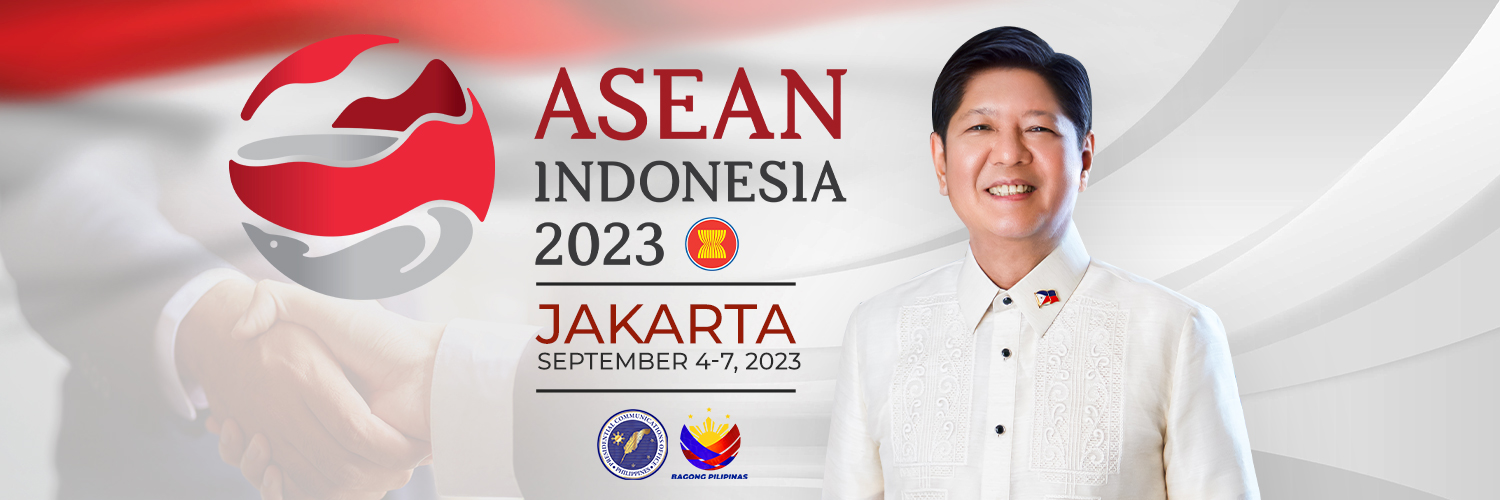Thank you, Mr. Chairman.
To our esteemed guest, His Excellency Prime Minister Kishida Fumio, a warm ASEAN welcome to the 26th ASEAN-Japan Summit.
Your Majesty; Excellencies, I wish to begin by joining my colleagues in warmly welcoming the adoption of the Joint Statement on the Establishment of the ASEAN-Japan Comprehensive Strategic Partnership, a testament to the enduring and deep-rooted relationship between ASEAN and Japan.
ASEAN welcomes Japan’s support in our efforts to mainstream the ASEAN Outlook on the Indo-Pacific, or AOIP, especially in upholding ASEAN Centrality.
Once more, the support that Japan has given with the additional injection of 100 million dollars into the fund is a symbol of that continuing support and the importance that Japan puts to that mainstreaming of AOIP.
I cannot emphasize enough the expediency of maintaining peace and stability in the region through the adherence to the rule of law, particularly the 1982 UNCLOS. Our shifting security issues make it quite clear that we must work together for the sake of peace and stability in our region and in the world.
I commend the combination of hard work and vision that resulted in the Joint Statement that has now come to be known as The Spirit of Camp David.
The Statement consolidates a common security agenda among Japan, the United States, and South Korea, on what are arguably the most problematic issues in the region that undermine regional peace and prosperity, and that include but are not limited to supporting the free and open international order based on the rule of law, opposing any unilateral attempts to change the status quo in the waters of the Indo-Pacific, also the militarization of reclaimed features in the South China Sea is of great concern, as well as the concern for continued illegal, unreported, and unregulated (IUU) fishing that affects both our fisherfolks.
As maritime nations, both the Philippines and Japan not only share the common interest of maintaining peace and stability in the South China Sea, but also in enhancing our resiliency in responding to maritime disasters.
To this end, the trilateral maritime exercises conducted among the Coast Guards of the Philippines, Japan, and the United States held this June, the first of its kind amongst the three countries. The exercises reinforced interoperability between and amongst the coast guards of our countries in responding to maritime disasters and to strengthening [Humanitarian] Assistance and Disaster Relief (HADR) cooperation.
As one of ASEAN’s [largest] trading partners and biggest sources of Foreign Direct Investments, we must continue efforts of enhancing ASEAN connectivity and supply chains to further expand mutual trade, not only for the region but for the world.
We also highlight the importance of the continued implementation of the Renewed ASEAN-Japan 10-year Strategic Economic Cooperation Roadmap for 2016 to 2025, specifically in support of “Economic Integration of ASEAN,” ASEAN and Japan collaborate to increase MSME’s competitiveness in regional production networks through tailored programs for ASEAN Member States.
As MSMEs are the very backbone of our economies in ASEAN, these endeavors are very important to us.
Indeed, Japan and ASEAN have a rich history of cooperation and constructive engagement for the benefit of the region and our peoples.
It is my hope that the next 50 years will surpass all the accomplishments that we have achieved together during the past five decades.
In closing, I look forward to the Special Summit commemorating the 50th Anniversary of ASEAN-Japan Friendship and Cooperation in Tokyo this December, proof positive of our enduring relations.
Thank you.
— END —

